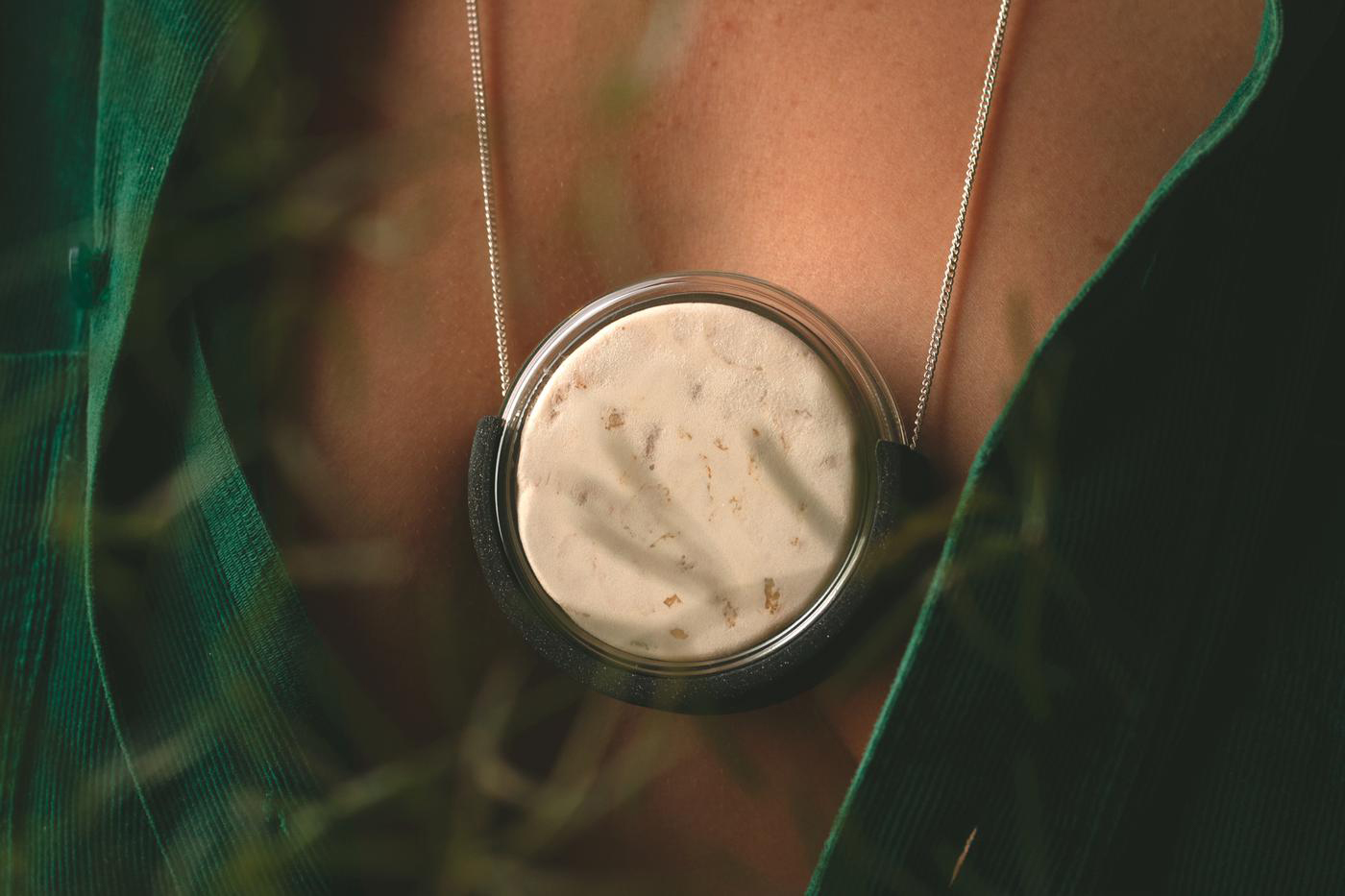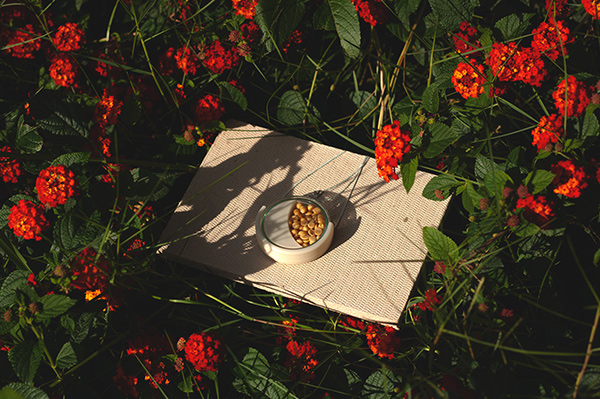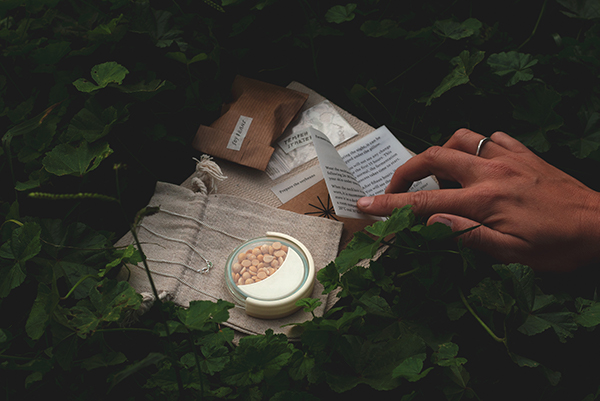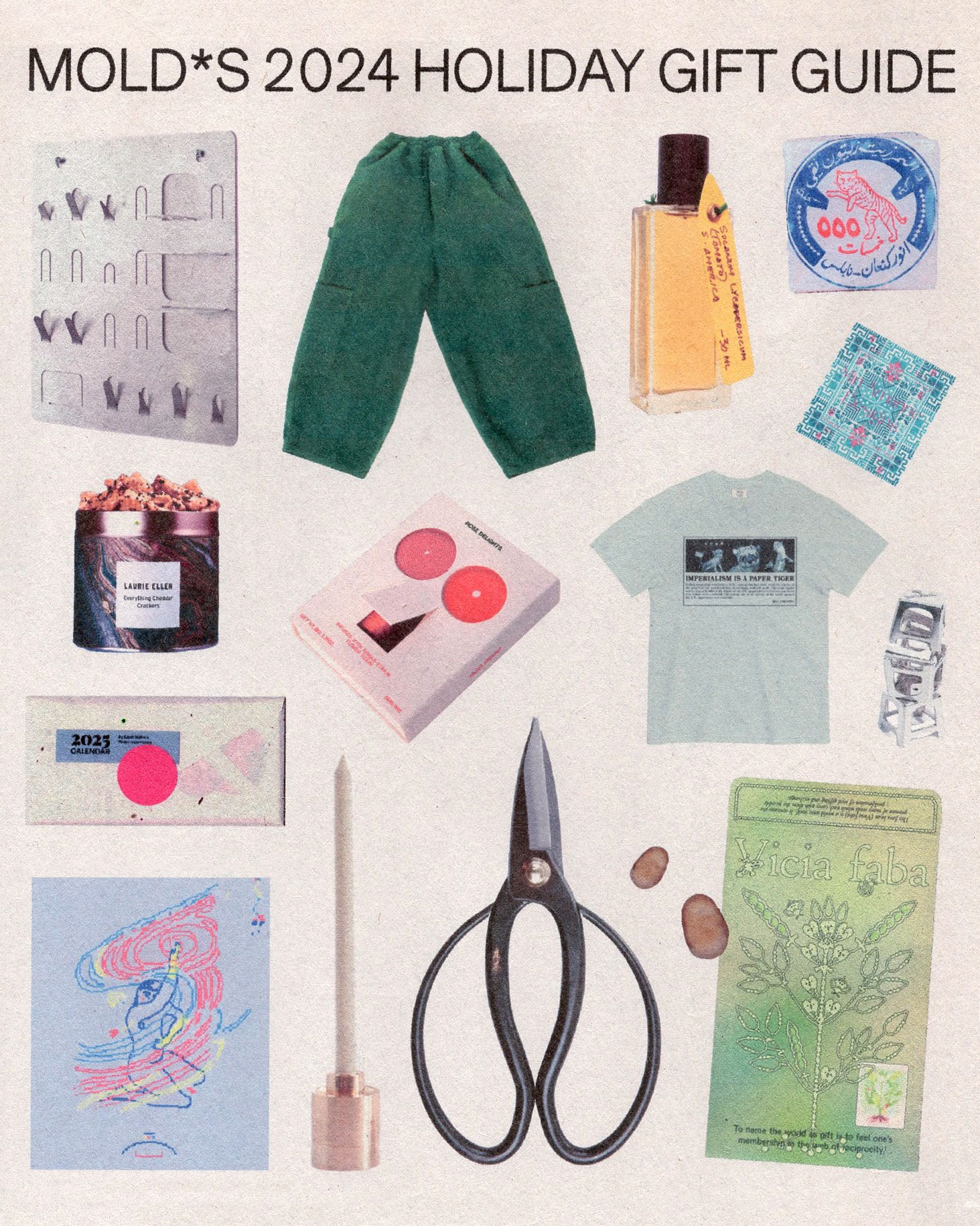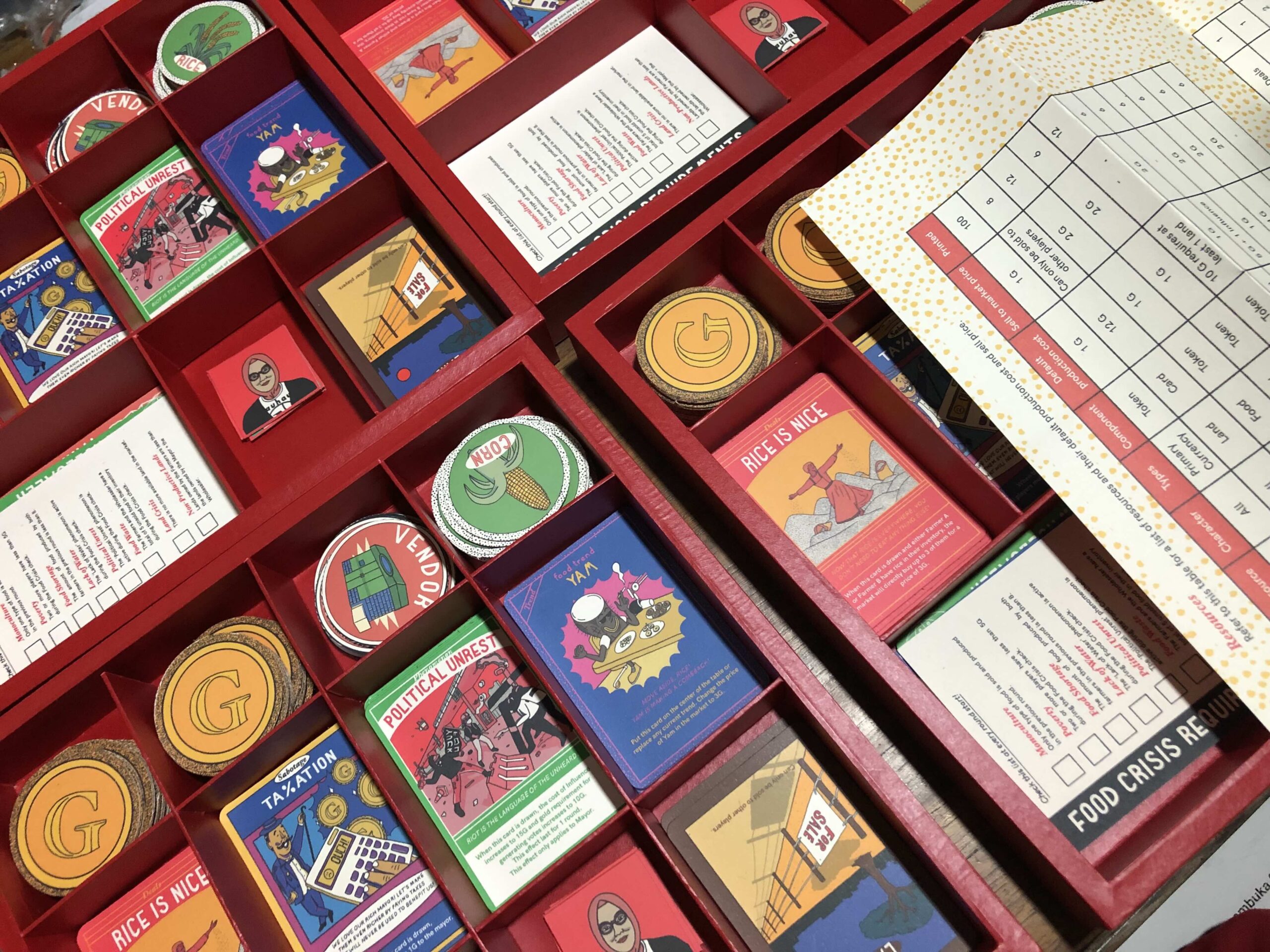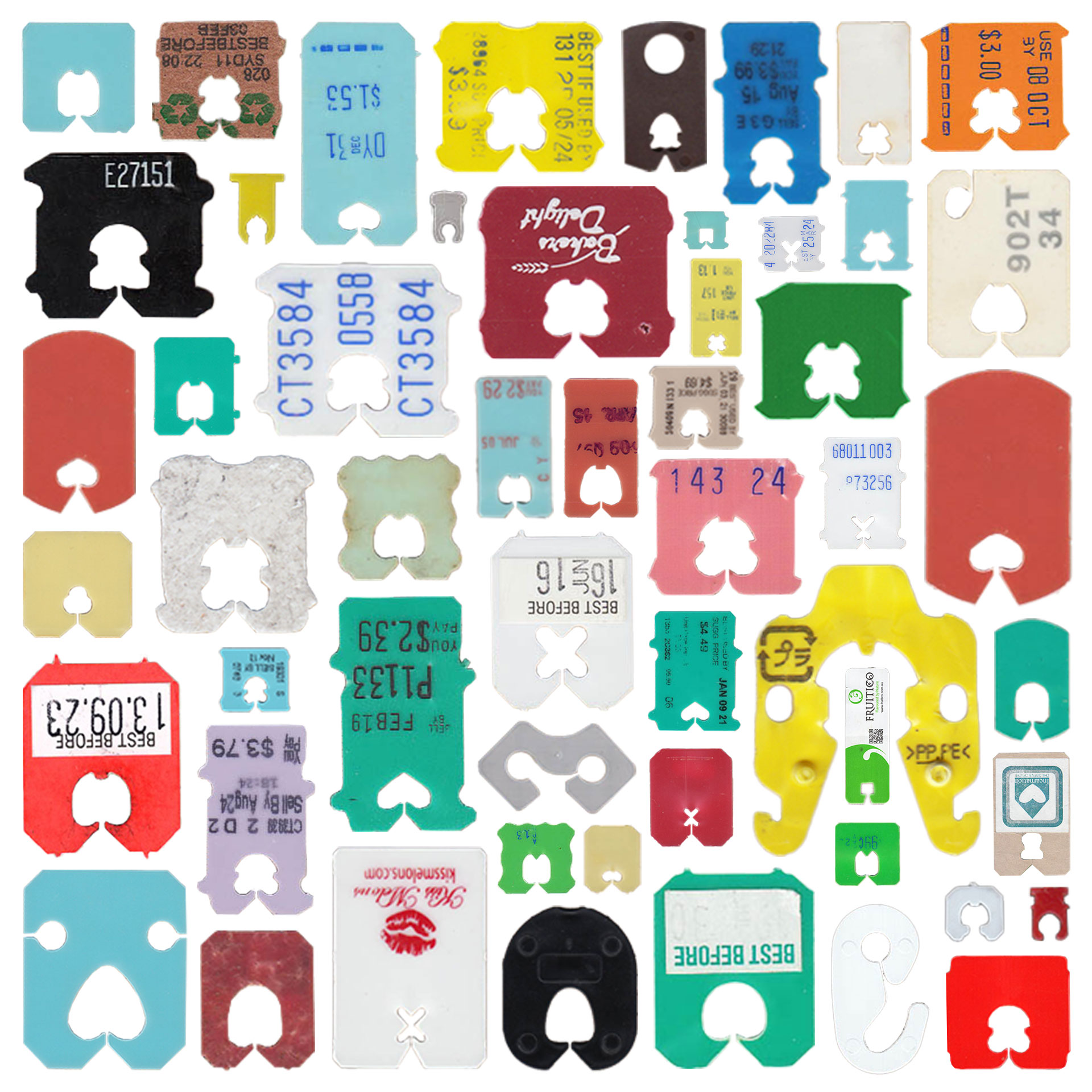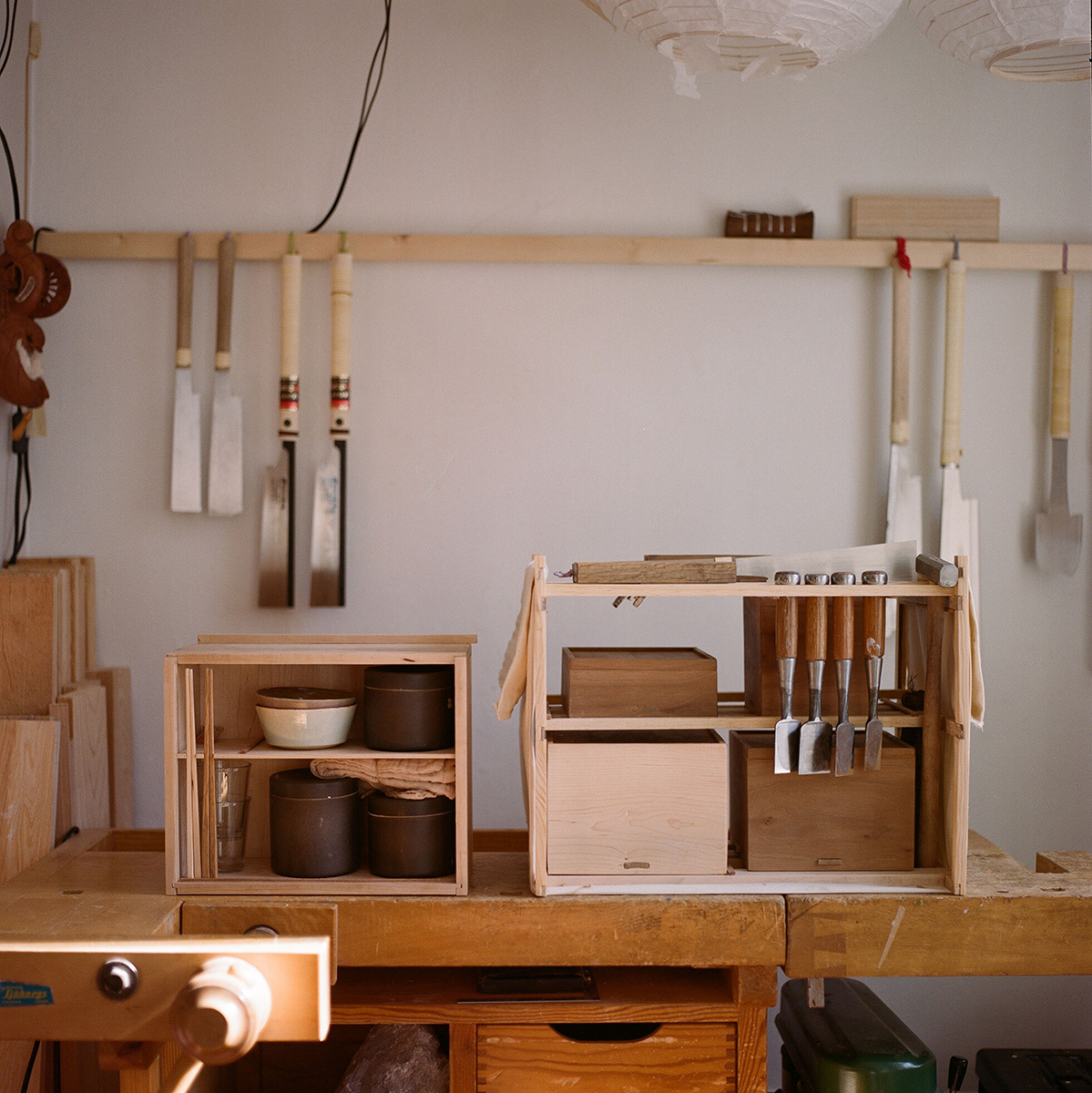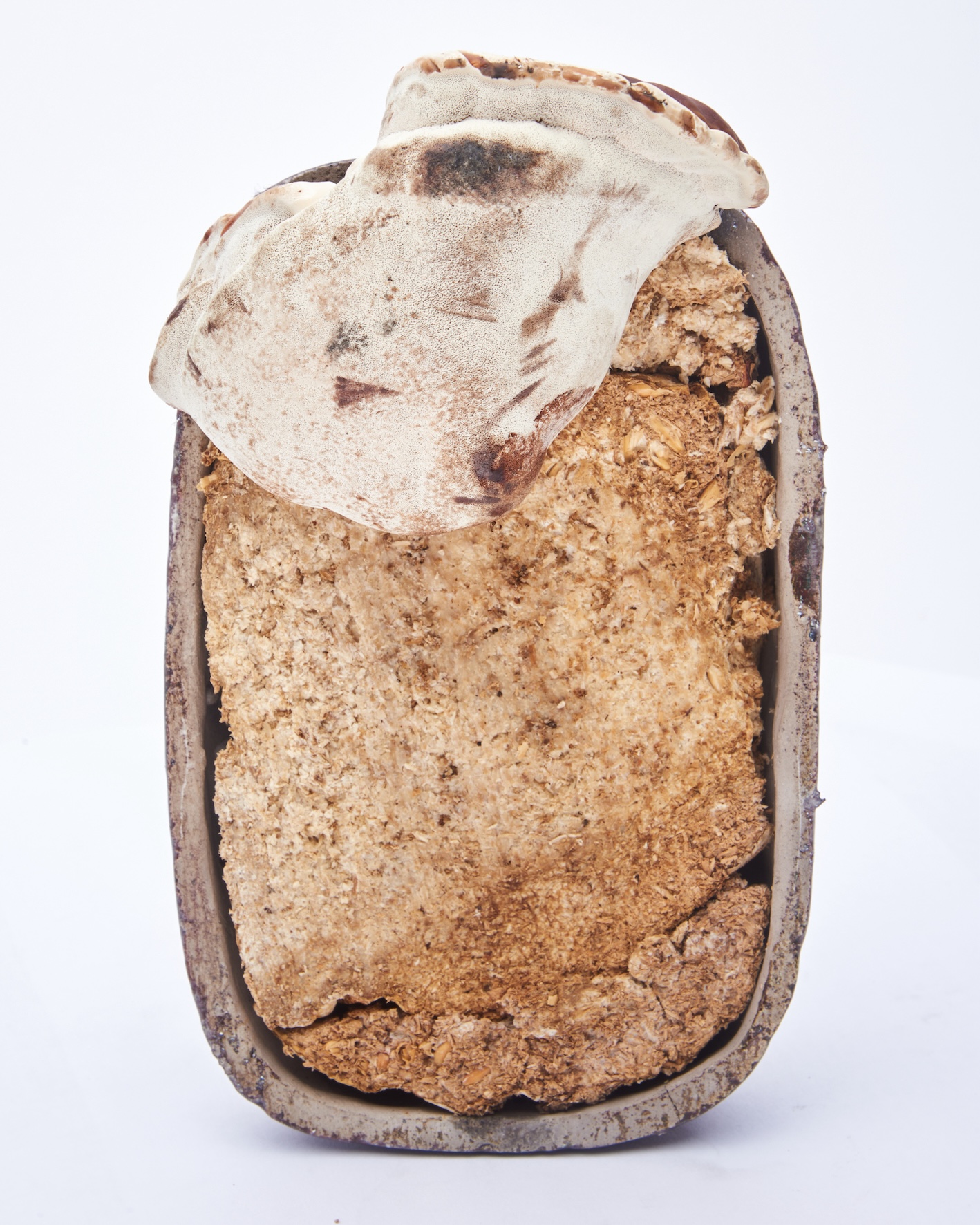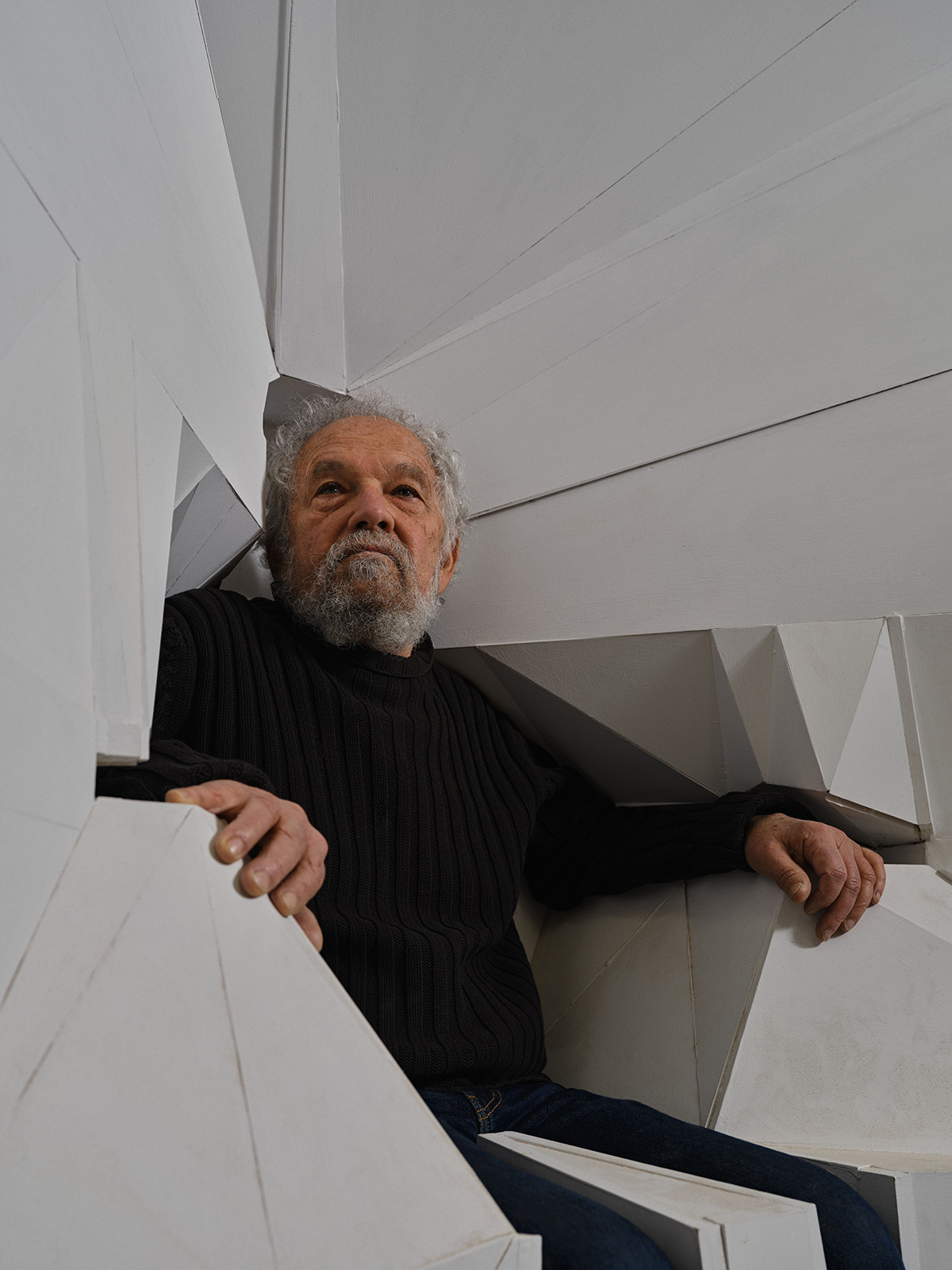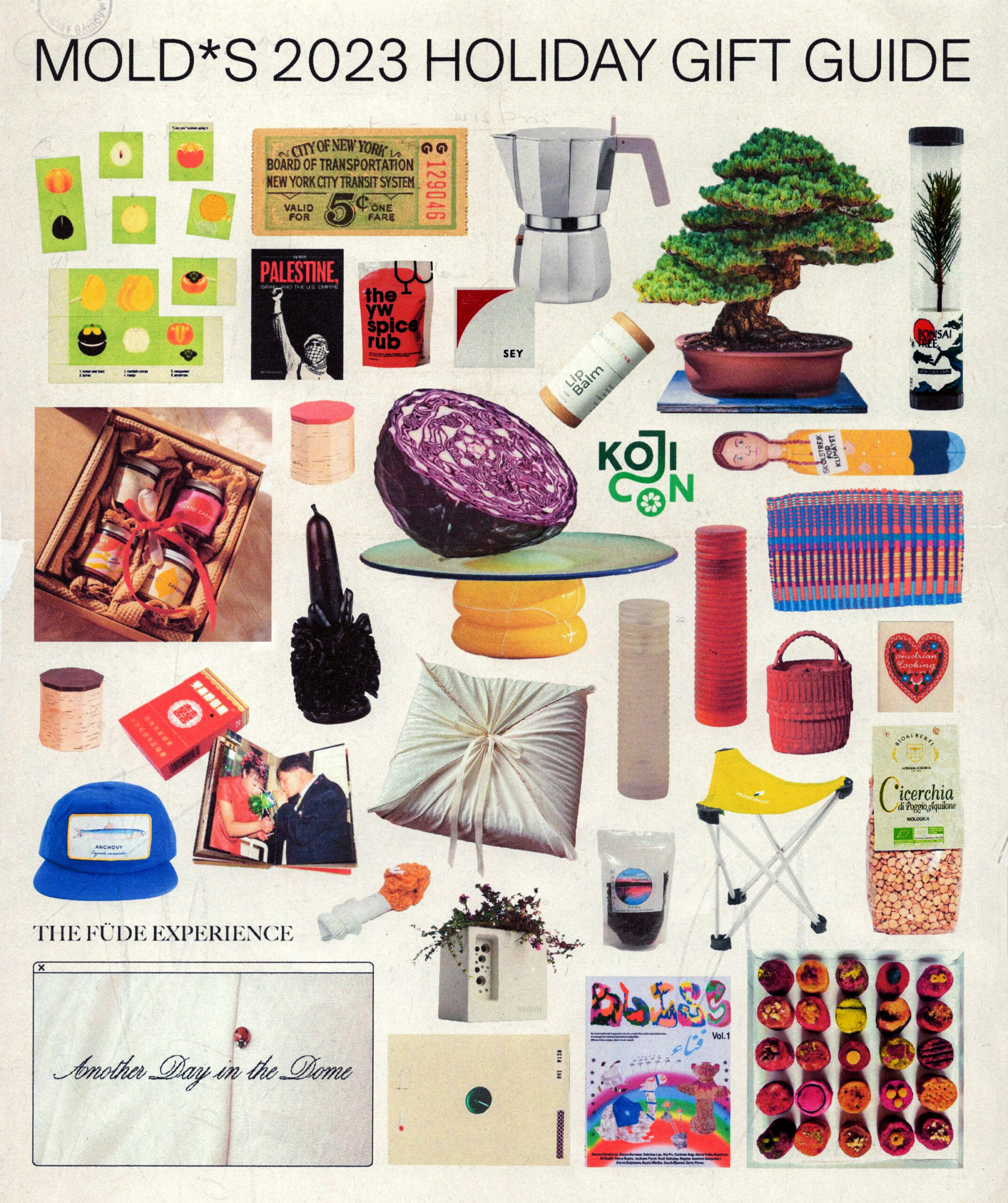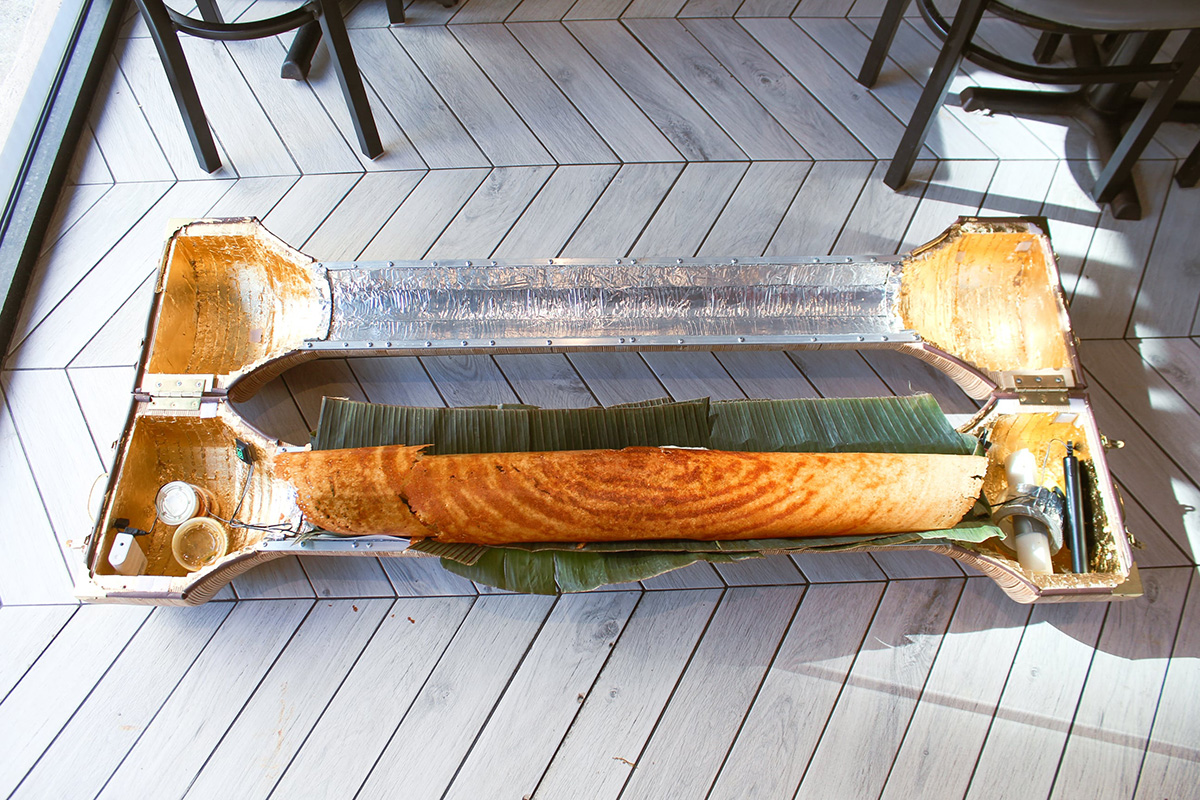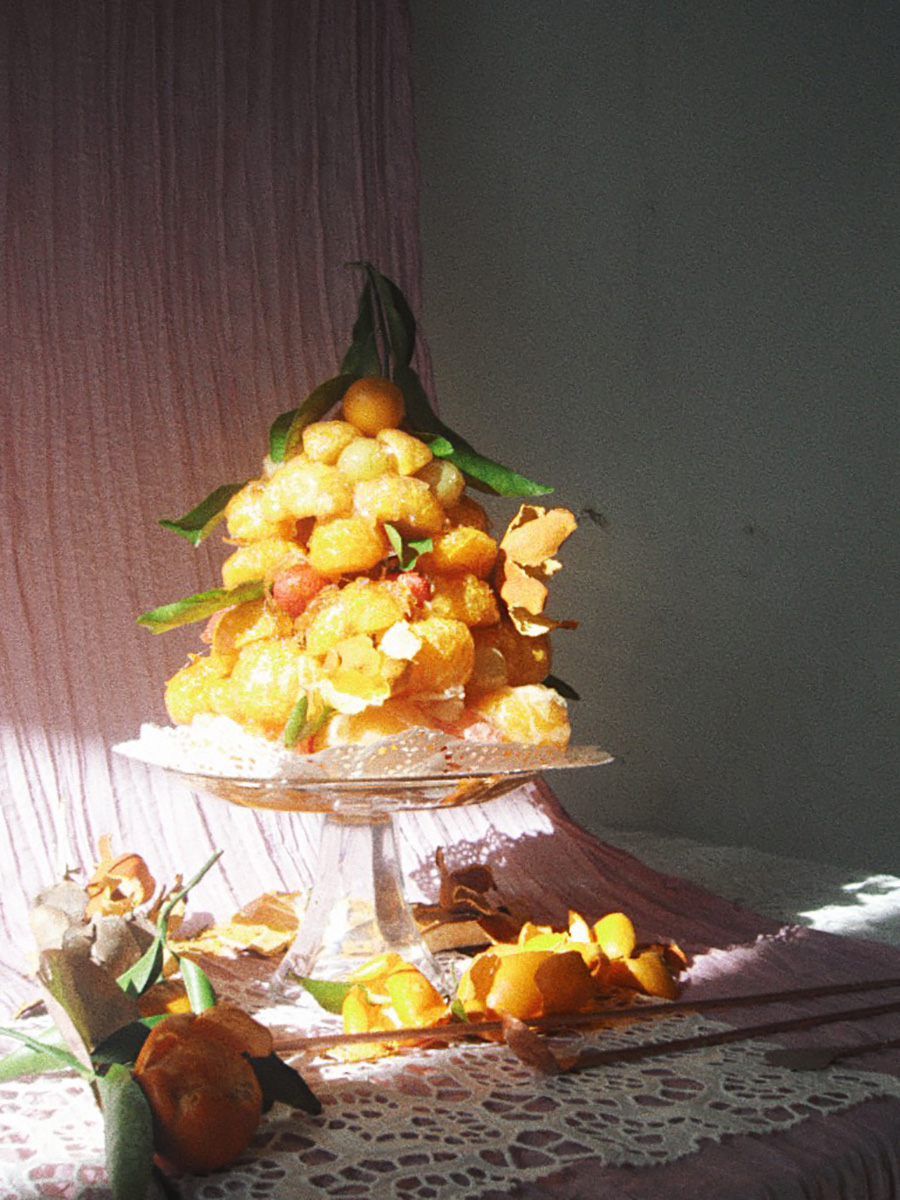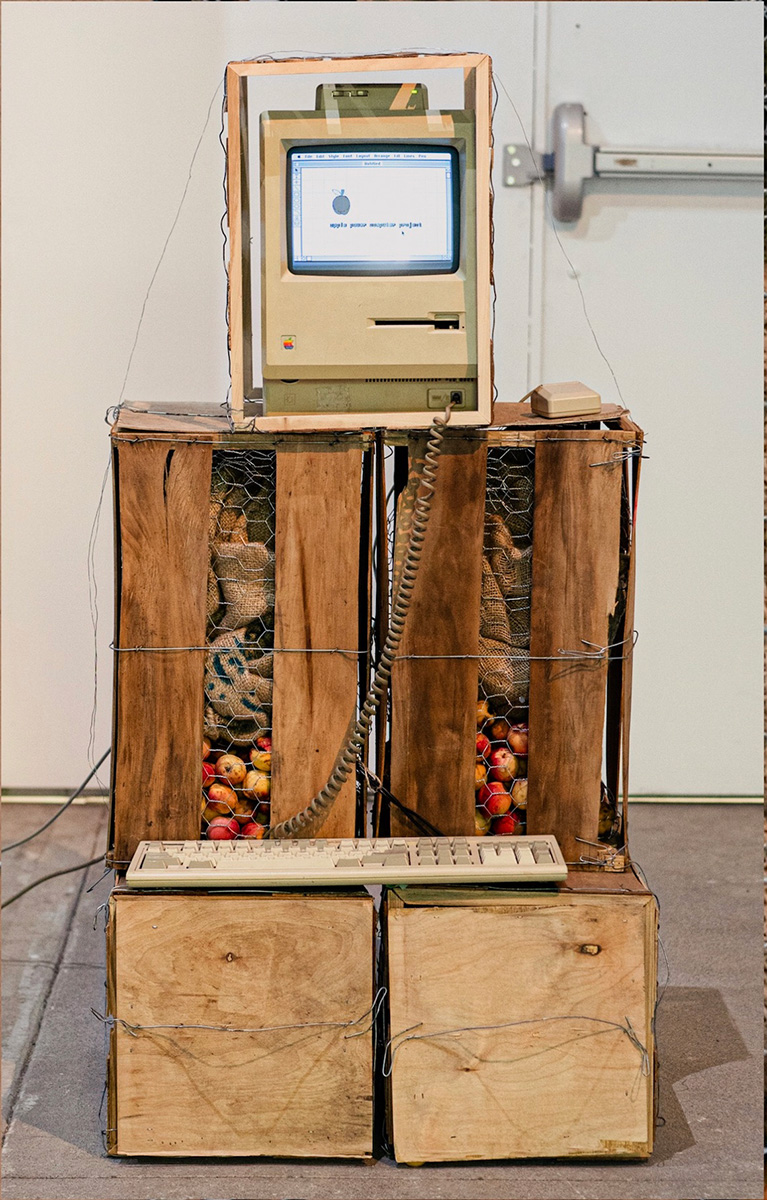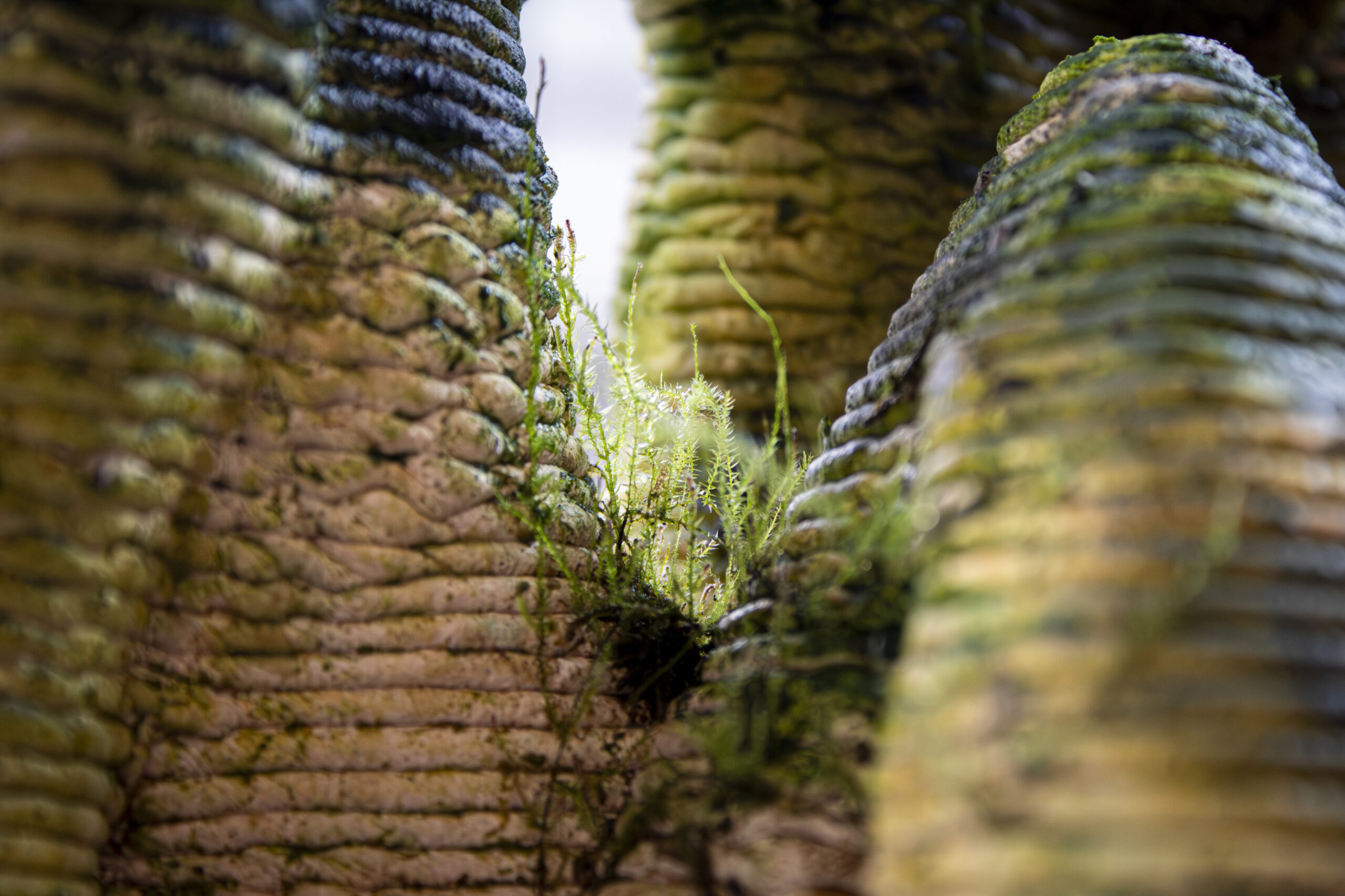This story is a part of MOLD’s reader-submitted project series. Submit your projects here for consideration.
The Domingo Necklace is a poetic invitation to start growing fungi and fermenting your own tempeh with your body heat. Tempeh is a protein-rich fermented product from Indonesia, originally made from soybeans and a fungus. Tempeh ferments naturally in a tropical climate, but elsewhere it needs a heat source such as a fermenter…or a human body.
Images courtesy of The Domingo Club.
PROJECT OVERVIEW
Launched in 2021, the Domingo Necklace is a project created by the Domingo Club, an initiative that seeks to benefit our lives and the planet by promoting fermented plant proteins and building tools for at-home fermentation. The Domingo Necklace is a domestic fermenter that Domingo Club imagines in everyone’s kitchen, to ferment tempeh, a natural source of plant protein. Domingo Club believes that big changes come from everyday habits and invite everyone to join the club and start fermenting together.
PROBLEM
The world needs innovations to tackle the climate crisis, and there’s an opportunity to develop meaningful innovations by addressing the missing link between nature and humanity. This means observing and understanding natural systems to harness more synergies. This necklace is an invitation to question the way we produce and consume food as well as an opening to discover natural processes and the power of invisible nature.
DESIGN PROCESS
As the club is currently developing and prototyping their fermenter device, it is concurrently investigating alternative ways of fermenting. Many fermentation processes and the cultivation of microorganisms prefer a temperature of around 30 degrees. Our bodies are a constant source of heat and are home to hundreds of billions of bacteria that build up our bacterial flora. Using our body heat to ferment our food is therefore a solution that caught the club’s attention and from which the idea of a fermenting jewel was born.
During the tempeh fermentation process, the fungus feeds on the soybeans and grows in the space around them, binding them together with pure white molds (mycelium). This process breaks down the molecules of the beans and this pre-digestion allows us to absorb many more nutrients from them. That makes tempeh’s protein content as high as meat. And it’s absolutely delicious.
Domingo Club has designed a kit consisting of the necklace, fungus spores (rhizopus), soybeans and a small printed instruction booklet that allows you to grow a few mini tempehs using your own inner energy in just 24-30 hours.
SHAPING THE FUTURE OF FOOD
The club hopes to introduce and demystify the practice and benefits of fermentation as well as the power of fungi to everyone. This includes health benefits to improve our immune function and mental health but also environmental benefits to tackle animal and intensive agriculture, and enhance natural resource management.
Wearing the Domingo Necklace on your skin for several hours and watching the mycelium growing around the beans will bring you considerably and literally closer to this. We see the Domingo Necklace as the new Tamagotchi. Except that if you take well care of your micro-pet, it will pay you back.
ABOUT THE PROJECT TEAM
Domingo Club is an initiative by Maud Bausier and Antoine Jaunard, a Belgian creative duo with complementary strengths, settled in Barcelona, Spain. Their respective backgrounds ranging from design to digital fabrication, electronics, programming and biohacking as well as our growing common interest in the practice of fermentation and the fantastic world of fungi have led to finding Domingo Club in 2021. The club aims to promote understanding, transparency, resilience and equity in our global food system.
